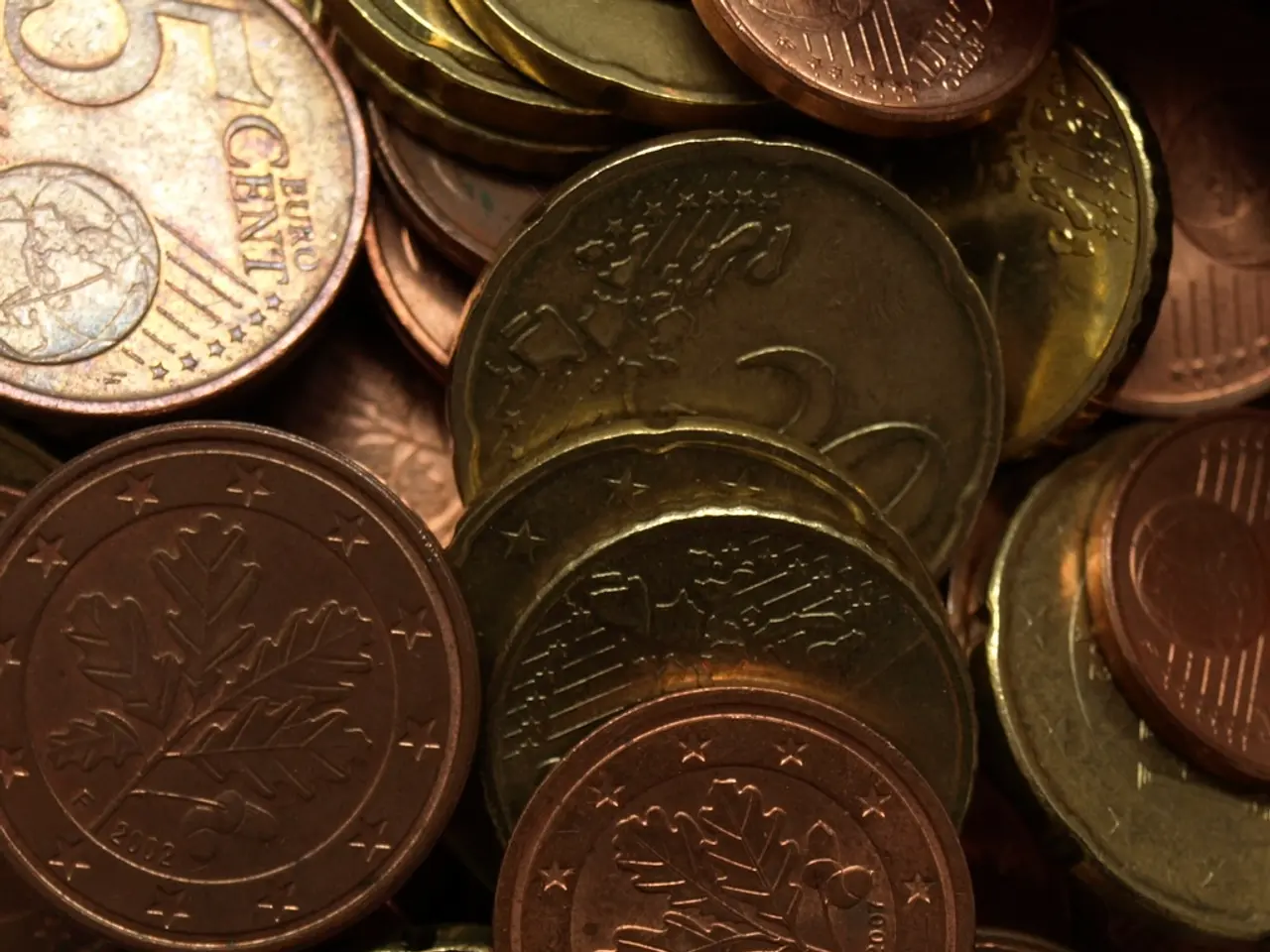South Korean Financial Services Commission Sets Out Rules for Cryptocurrency Lending, Imposes Maximum Annual Interest Rate at 20%
In a bid to tighten oversight and protect investors, South Korea's Financial Services Commission (FSC) has released new guidelines for lending services on centralized cryptocurrency exchanges (CEXs) on September 5, 2021.
The demand for cryptocurrency in South Korea has been on the rise, leading to a need for regulation. In July 2021, it was reported that the financial regulators were working on guidelines for cryptocurrency lending services. More crypto-based products, including leveraged lending services, have been introduced in South Korea by local crypto exchanges.
Under the new guidelines, exchanges in South Korea are mandated to provide lending services using their own funds. This is to avoid a situation like the implosion of Sam Bankman-Fried's FTX, where customer deposits were used for lending.
The goal of these guidelines is to fill the gap in crypto lending regulation. Users must receive a notification in advance of any potential forced liquidation. They will also be permitted to add capital to a position to avoid liquidation. The interest rate for crypto lending in South Korea has been capped at 20%.
Lending is restricted to the top 20 cryptocurrencies by market capitalization and those listed on at least three won-based exchanges. Exchanges in South Korea are now required to ensure that first-time borrowers complete online training and suitability tests set by the Digital Asset eXchange Alliance (DAXA) before offering them products.
South Korea has emerged as one of the top crypto hubs in Asia, particularly in the first half of 2025, due to an aggressive push for digital assets under the administration of President Lee Jae-myung. The FSC's plan to develop a regulatory framework for stablecoins, hinted at the beginning of 2025, is intended to expedite the next phase of virtual asset legislation.
The FSC's efforts to regulate the crypto industry reflect the country's strong commitment to investor protection while staying in line with global trends. Kim Byoung-hwan, who was the Chairman of the FSC at the time, highlighted this commitment. Lee Eok-won, the nominee for Chairman of the FSC, believes that South Korea is quite critical of crypto.
South Korean regulators have also taken steps to combat crypto-related crimes. They have upgraded the country's temporary crypto crime task force into a permanent investigation unit. By this time, the Joint Investigation Unit (JIU) for Virtual Asset Crimes had recorded 41 indictments, 18 arrests, and the seizure of $97.5 million worth of crypto assets and luxury goods.
The FSC's plan to develop a regulatory framework for stablecoins is a positive step towards creating a more secure and regulated crypto market in South Korea. As the industry continues to grow, it is essential that regulations are put in place to protect investors and combat illegal activities.
Read also:
- Peptide YY (PYY): Exploring its Role in Appetite Suppression, Intestinal Health, and Cognitive Links
- Toddler Health: Rotavirus Signs, Origins, and Potential Complications
- Digestive issues and heart discomfort: Root causes and associated health conditions
- House Infernos: Deadly Hazards Surpassing the Flames








